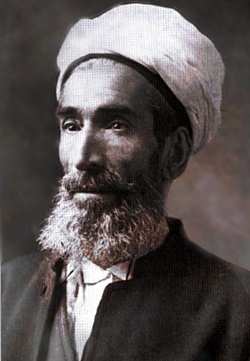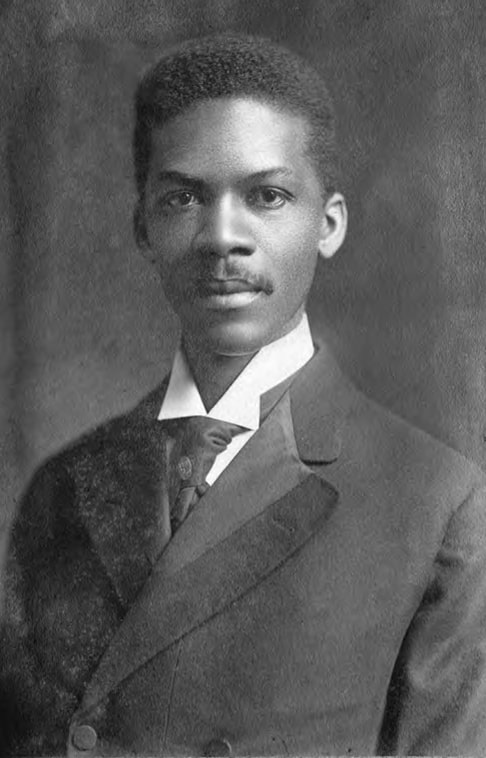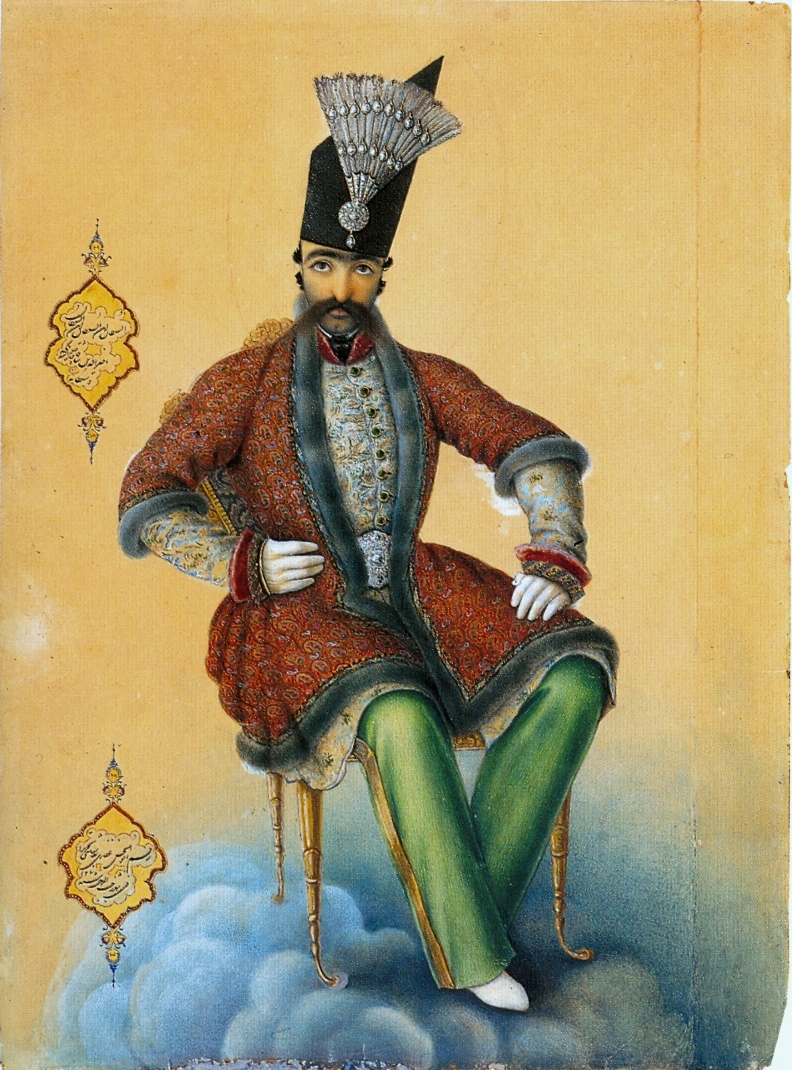|
BahГЎКјГӯ Faith In Africa
The history of the BahГЎКјГӯ Faith in Africa dates back to the lifetimes of the three individual heads of the religion, BahГЎКјu'llГЎh, К»Abdu'l-BahГЎ, and Shoghi Effendi, each of who was in Africa at least once. The Association of Religion Data Archives (relying on ''World Christian Encyclopedia'') lists many larger and smaller populations in Africa with Kenya, the Democratic Republic of the Congo, South Africa and Zambia among the top ten numerical populations of BahГЎКјГӯs in the world in 2005, and Mauritius highest in terms of percentage of the national population. There are BahГЎКјГӯ Houses of Worship in Uganda, Kenya, and in the Democratic Republic of the Congo. A plan for a House of Worship in Zambia was announced in 2023. History BahГЎКјu'llГЎh's lifetime Among its earliest contacts with the religion came in Egypt. The BahГЎКјГӯ Faith in Egypt begins perhaps with the first BahГЎКјГӯs arriving in 1863. BahГЎКјu'llГЎh, founder of the religion, was himself briefly in Eg ... [...More Info...] [...Related Items...] OR: [Wikipedia] [Google] [Baidu] |
BahГЎКјu'llГЎh
BahГЎКјu'llГЎh (born бёӨusayn-К»AlГӯ; 12 November 1817 вҖ“ 29 May 1892) was the founder of the BahГЎКјГӯ Faith. He was born to an aristocratic family in Persia, and was exiled due to his adherence to the messianic BГЎbГӯ Faith. In 1863, in Iraq, he first announced his claim to a revelation from God, and spent the rest of his life in further imprisonment in the Ottoman Empire. His teachings revolved around the principles of unity and religious renewal, ranging from moral and spiritual progress to world governance. BahГЎКјu'llГЎh was raised with no formal education but was well read and devoutly religious. His family was considerably wealthy, and at the age of 22 he turned down a position in the government, instead managing family properties and donating considerable time and money to charities. At the age of 27 he accepted the claim of the BГЎb and became among the most outspoken supporters of the new religious movement that advocated, among other things, abrogation of Islamic ... [...More Info...] [...Related Items...] OR: [Wikipedia] [Google] [Baidu] |
MГӯrzГЎ Abu'l-FaбёҚl
MГӯrzГЎ MuбёҘammad ( fa, Щ…ЩҠШұШІШ§ ШЈШЁЩҲШ§Щ„ЩҒШ¶Щ„), or MГӯrzГЎ Abu'l-FaбёҚl-i-GulpГЎygГЎnГӯ (1844вҖ“1914), was the foremost BahГЎКјГӯ scholar who helped spread the BahГЎКјГӯ Faith in Egypt, Turkmenistan, and the United States. He is one of the few Apostles of BahГЎКјu'llГЎh who never actually met BahГЎКјu'llГЎh. His given name was Muhammad, and he chose the alias Abu'l-FaбёҚl (progenitor of virtue) for himself, but К»Abdu'l-BahГЎ frequently addressed him as Abu'l-Fada'il (progenitor of virtues). Early life MГӯrzГЎ Abu'l-FaбёҚl was born in a village near Gulpaygan, Iran, in June or July 1844. His family were prominent religious scholars in the village; his father, Mirza Muhammad Rida ShariК»atmadar, was a religious leader, and his mother, Sharafu'n-Nisa, was related to the prayer leader of the town. Abu'l-FaбёҚl completed his preliminary education in Gulpaygan, and then successively went to Arak, Karbala and Najaf to continue his education. In 1868 he left for Isfaha ... [...More Info...] [...Related Items...] OR: [Wikipedia] [Google] [Baidu] |
Louis George Gregory
Louis George Gregory (born June 6, 1874, in Charleston, South Carolina; died July 30, 1951, in Eliot, Maine) was a prominent American member of the BahГЎКјГӯ Faith who was devoted to its expansion in the United States and elsewhere. He traveled especially in the South to spread the word about it. In 1922 he was the first African American elected to the nine-member BahГЎКјГӯ administration#National Spiritual Assemblies, National Spiritual Assembly of the United States and Canada. He was repeatedly re-elected to that position, leading a generation and more of followers. He also worked to prosyletize the faith to Central and South America. Gregory was posthumously appointed by Shoghi Effendi in 1951 as a Hands of the Cause, Hand of the Cause, the highest appointed rank in the BahГЎКјГӯ Faith. Early years Louis George was born in Charleston on June 6, 1874, the second son of Ebenezer F. anMary ElizabethGeorge, enslaved African Americans who were freed during the American Civil Wa ... [...More Info...] [...Related Items...] OR: [Wikipedia] [Google] [Baidu] |
Isabella Grinevskaya
Beyle (Berta) Friedberg ( yi, Ч‘ЦјЧҷЧҷЧңЧў ЧӨЦҝЧЁЧҷЧ“Ч‘ЦјЧўЧЁЧ’; 3 May 1864 вҖ“ 15 October 1944), best known by the pen names Isabella ( yi, ЧҗЧҷЧ–ЧҗЦ·Ч‘ЦјЧўЧңЧҗЦ·) and Isabella Arkadevna Grinevskaya (russian: РҳР·Р°РұРөлла РҗСҖРәР°РҙСҢРөРІРҪР° Р“СҖРёРҪРөРІСҒРәР°СҸ), was a Russian-Jewish novelist, poet, and dramatist. As a translator, she translated into Russian works from Polish, German, French, Italian, Armenian, and Georgian. Biography Early life and career Beyle Friedberg was born in Grodno to Russian Hebrew writer Abraham Shalom Friedberg, later moving to Saint Petersburg. There she frequented Yiddish literary circles and, in 1886, married fellow writer Mordecai Spector. They moved to Warsaw the following year, where they would eventually divorce. Her first published story, a novella entitled ''Der yosem'' ( 'The Orphan'), appeared under the pseudonym "Isabella" in the first volume of ''Der hoyz-fraynd'' in 1888. She continued to write short stories for ''Der hoyz-f ... [...More Info...] [...Related Items...] OR: [Wikipedia] [Google] [Baidu] |
Wellesley Tudor Pole
Wellesley Tudor Pole OBE (23 April 1884 – 13 September 1968) was a spiritualist and early British BahГЎКјГӯ. He authored many pamphlets and books and was a lifelong pursuer of religious and mystical questions and visions, being particularly involved with spiritualism and the BahГЎКјГӯ Faith as well as the quest for the Holy Grail of Arthurian Legend and founded the Silent Minute campaign, both of which were followed internationally. Some of his visions have been accepted by some people as true. Late in life he resuscitated the Trust running the Chalice Well. The musician and actor Edward Tudor-Pole is a grandson. Biography Born and raised Wellesley Tudor Pole was raised with stories of elders and understandings of French kin Edmund de la Pole, 3rd Duke of Suffolk and English and Welsh kin Owen Tudor. Pole was born 23 April 1884, in Weston-super-Mare, son of Thomas Pole and Kate Wansborough. Pole was confirmed in the Anglican Church but the family understood this to mean ... [...More Info...] [...Related Items...] OR: [Wikipedia] [Google] [Baidu] |
Stanwood Cobb
Stanwood Cobb (November 6, 1881 вҖ“ December 29, 1982) was an American educator, author and prominent BahГЎКјГӯ of the 20th century. He was born in Newton, Massachusetts, the son of Darius Cobb and his wife, nГ©e Laura Mae Lillie. Darius and his twin brother Cyrus Cobb were Civil War soldiers and artists, and descendants of Elder Henry Cobb of the second voyage of the Mayflower. Their mother was Eunice Hale Waite Cobb, founding president of the Ladies Physiological Institute of Boston. Darius Cobb and his wife had four daughters and three sons. Stanwood Cobb studied at Dartmouth College, where he was valedictorian of his 1903 or 1905 graduating class, and then at Harvard Divinity School, earning an A.M. in philosophy and comparative religion 1910. His thesis work, ''Communistic Experimental Settlements in the USA'', observed that every such settlement had failed within a generation because of an inability of communism to get people to subordinate their own desires for the good ... [...More Info...] [...Related Items...] OR: [Wikipedia] [Google] [Baidu] |
Infidel
An infidel (literally "unfaithful") is a person accused of disbelief in the central tenets of one's own religion, such as members of another religion, or the irreligious. Infidel is an ecclesiastical term in Christianity around which the Church developed a body of theology that deals with the concept of infidelity, which makes a clear differentiation between those who were baptized and followed the teachings of the Church versus those who are outside the faith. The term ''infidel'' was used by Christians to describe those perceived as the enemies of Christianity. After the ancient world, the concept of otherness, an exclusionary notion of the outside by societies with more or less coherent cultural boundaries, became associated with the development of the monotheistic and prophetic religions of Judaism, Christianity, and Islam (cf. pagan). In modern literature, the term infidel includes in its scope atheists, polytheists, animists, heathens, and pagans. A willingness to ident ... [...More Info...] [...Related Items...] OR: [Wikipedia] [Google] [Baidu] |
Nasser-al-Din Shah
Naser al-Din Shah Qajar ( fa, ЩҶШ§ШөШұШ§Щ„ШҜЫҢЩҶвҖҢШҙШ§ЩҮ ЩӮШ§Ш¬Ш§Шұ; 16 July 1831 вҖ“ 1 May 1896) was the fourth Shah of Qajar Iran from 5 September 1848 to 1 May 1896 when he was assassinated. He was the son of Mohammad Shah Qajar and Malek Jahan Khanom and the third longest reigning monarch in Iranian history after Shapur II of the Sassanid dynasty and Tahmasp I of the Safavid dynasty. Nasser al-Din Shah had sovereign power for close to 51 years. He was the first modern Persian monarch who formally visited Europe and wrote of his travels in his memoirs. A modernist, he allowed the establishment of newspapers in the country and made use of modern forms of technology such as telegraphs, photography and also planned concessions for railways and irrigation works. Despite his modernizing reforms on education, his tax reforms were abused by people in power, and the government was viewed as corrupt and unable to protect commoners from abuse by the upper class which led to increasi ... [...More Info...] [...Related Items...] OR: [Wikipedia] [Google] [Baidu] |
Sunni Islam
Sunni Islam () is the largest branch of Islam, followed by 85вҖ“90% of the world's Muslims. Its name comes from the word '' Sunnah'', referring to the tradition of Muhammad. The differences between Sunni and Shia Muslims arose from a disagreement over the succession to Muhammad and subsequently acquired broader political significance, as well as theological and juridical dimensions. According to Sunni traditions, Muhammad left no successor and the participants of the Saqifah event appointed Abu Bakr as the next-in-line (the first caliph). This contrasts with the Shia view, which holds that Muhammad appointed his son-in-law and cousin Ali ibn Abi Talib as his successor. The adherents of Sunni Islam are referred to in Arabic as ("the people of the Sunnah and the community") or for short. In English, its doctrines and practices are sometimes called ''Sunnism'', while adherents are known as Sunni Muslims, Sunnis, Sunnites and Ahlus Sunnah. Sunni Islam is sometimes referred ... [...More Info...] [...Related Items...] OR: [Wikipedia] [Google] [Baidu] |
Al-Azhar University
, image = Ш¬Ш§Щ…Ш№Ш©_Ш§Щ„ШЈШІЩҮШұ_ШЁШ§Щ„ЩӮШ§ЩҮШұШ©.jpg , image_size = 250 , caption = Al-Azhar University portal , motto = , established = *970/972 first foundation: fatimid era *1961 вҖ“ university status , type = Public , endowment = , president = Dr. Mohamed Hussin , head_label = , head = , students = , undergrad = , postgrad = , doctoral = , address = , city = Cairo , country = Egypt , campus = Urban , religious_affiliation = Sunni Islam (always - Ash'aari, Maturridi.) , calendar = , faculty = , divinity = , profess = , coordinates = , affiliations = , logo ... [...More Info...] [...Related Items...] OR: [Wikipedia] [Google] [Baidu] |
United States
The United States of America (U.S.A. or USA), commonly known as the United States (U.S. or US) or America, is a country primarily located in North America. It consists of 50 states, a federal district, five major unincorporated territories, nine Minor Outlying Islands, and 326 Indian reservations. The United States is also in free association with three Pacific Island sovereign states: the Federated States of Micronesia, the Marshall Islands, and the Republic of Palau. It is the world's third-largest country by both land and total area. It shares land borders with Canada to its north and with Mexico to its south and has maritime borders with the Bahamas, Cuba, Russia, and other nations. With a population of over 333 million, it is the most populous country in the Americas and the third most populous in the world. The national capital of the United States is Washington, D.C. and its most populous city and principal financial center is New York City. Paleo-Americ ... [...More Info...] [...Related Items...] OR: [Wikipedia] [Google] [Baidu] |








